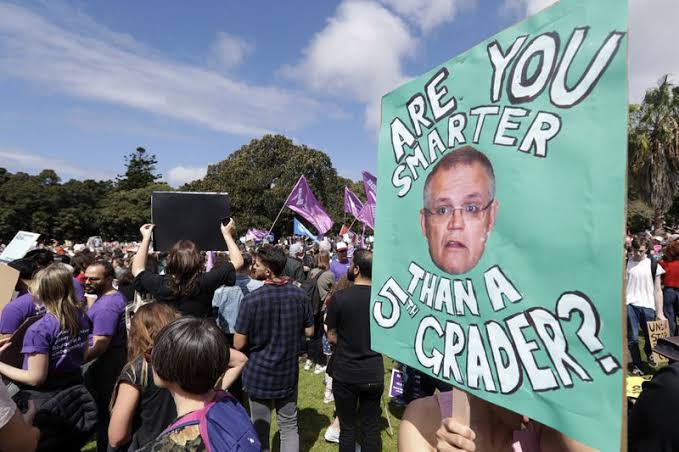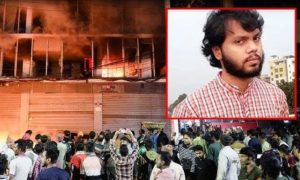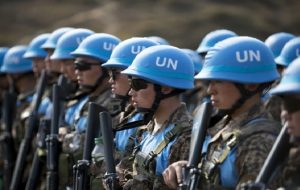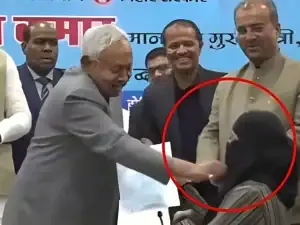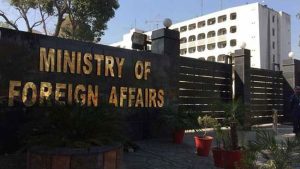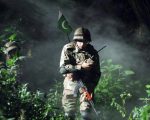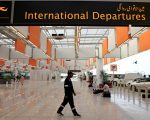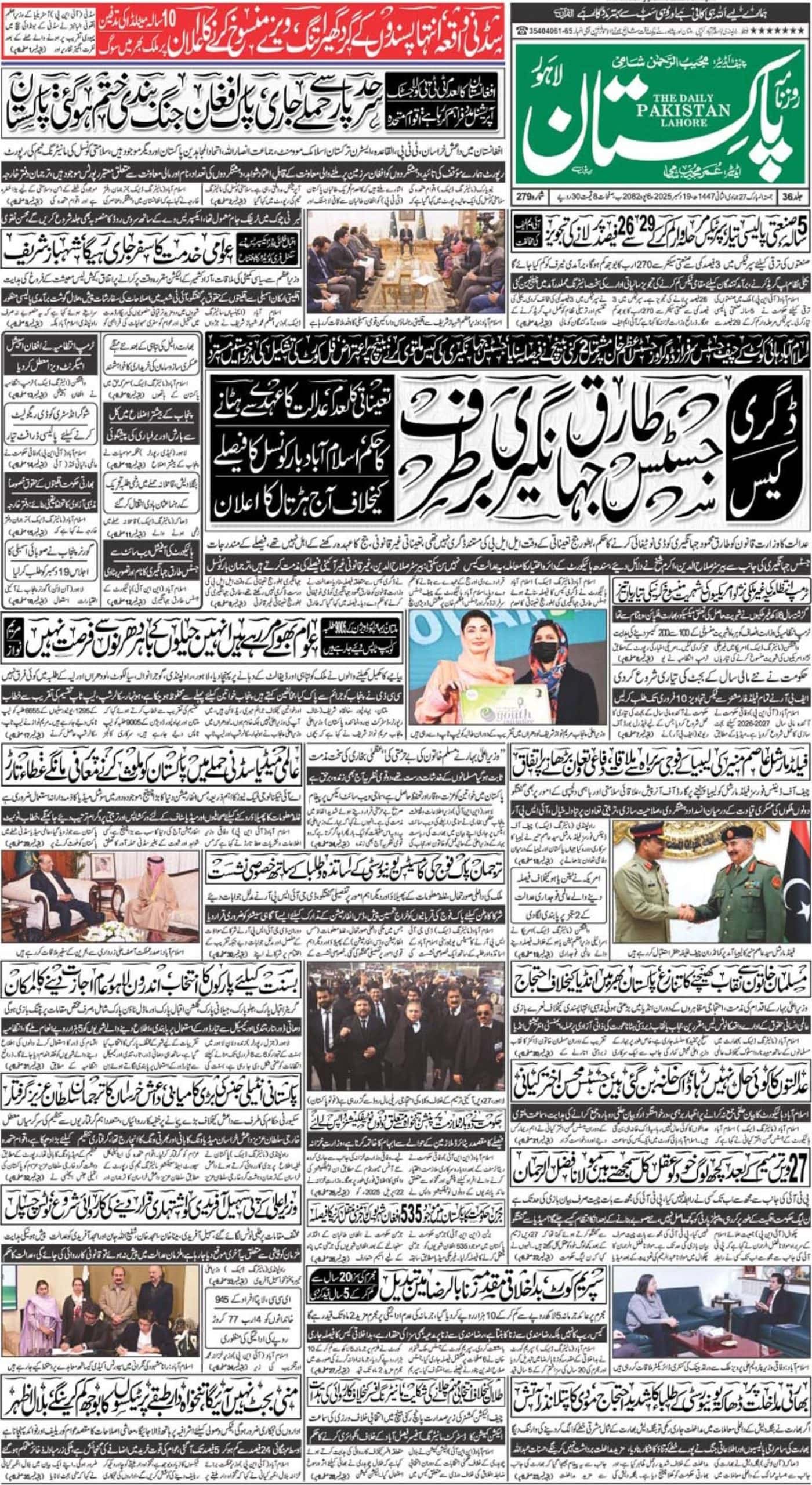SYDNEY – Children across Asia and the Pacific kicked off what are set to be the largest global climate protests in history Friday, demanding adults act now to stop an environmental disaster.
From Sydney to Seoul, Manila to Mumbai, children heeded the rallying cry of fellow teen activist Greta Thunberg and shut their textbooks in a collective call to action.
In Australia, more than 300,000 kids, parents and supporters rallied, organisers said, more than double the turnout at climate strikes in March, and among the first of 5,000 events planned worldwide by a movement dubbed “Fridays for Future”.
They are demanding politicians and businesses take drastic action to stop global warming, which scientists warn will lead to environmental catastrophe on current trends.
The day of protests is already eclipsing crowd numbers seen in strikes last May and will culminate in New York, where 1.1 million students in around 1,800 public schools have been permitted to skip school.
On the eve of the strikes, Thunberg — a 16-year-old Swede who has become emblematic of generational tensions over management of the planet — insisted solutions were being “ignored” and called on kids to take ownership.
“Everything counts, what you do counts,” she said in a video message to supporters. As the sun rose above the international dateline, events began in the deluge-threatened Pacific Islands of Vanuatu, the Solomons and Kiribati — where children chanted “We are not sinking, we are fighting”.
There was a similar sense of defiance across Asia. “We are the future and we deserve better,” 12-year-old Lilly Satidtanasarn — known as “Thailand’s Greta” for her campaigning against plastic bags in malls — told AFP in Bangkok.
The adults “have just been talking about it, but they’re not doing anything,” she said. “We don’t want excuses.”
In India, schoolchildren rallied in New Delhi and Mumbai while thousands protested in the Philippines, which experts say faces threats from rising sea levels and increasingly violent storms.
“There are a lot of people here who can feel the effects of climate change already, for example with typhoons,” Yanna Palo, 23, told AFP at a rally in the capital Manila.
“I don’t know if we’re on the frontline of the fight against climate change, but I hope so.”

